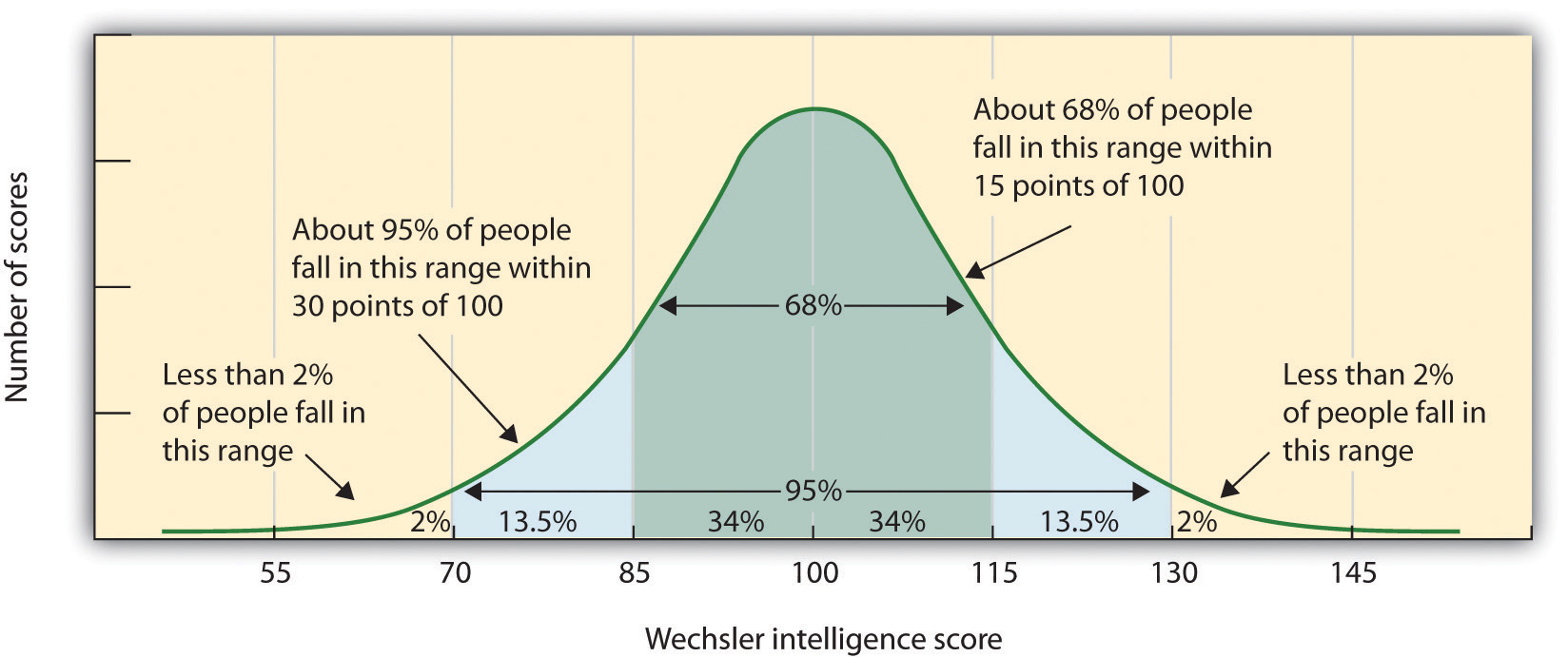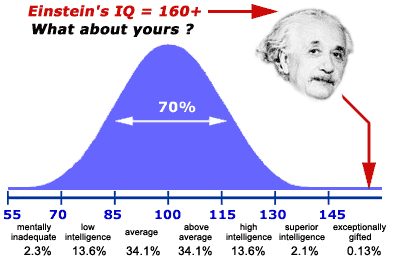oldsoul
Gold Member
While anecdotal, this example does illustrate the reasoning behind my proposal quite well. How can we, as a society, have a conversation about an issue, if there is a substantial percentage of the ctizentry that cannot grasp such basic concepts?One thing that is clear to me is that a lot of people seem to have reading comprehension difficulty. For example, I once wrote in web forum, "I am not moved" by "such and such." (the specific subject matter isn't relevant.) The overwhelming majority of readers of that statement interpreted it and responded to it as though I had written, "I don't like" such and such; they did not realize that my statement indicated indifference. "Move" is not a complicated word, neither is "not moved" a difficult phrase. Yet many folks completely misunderstood it in that sentence.




